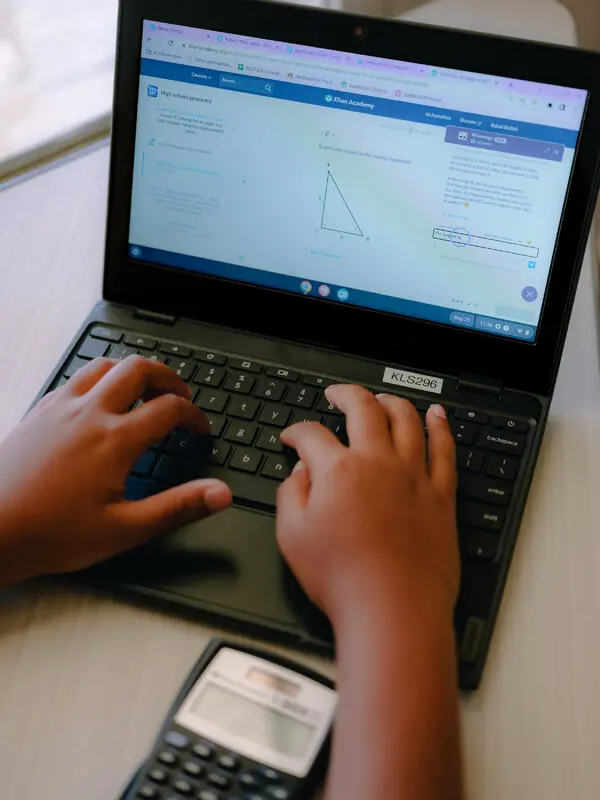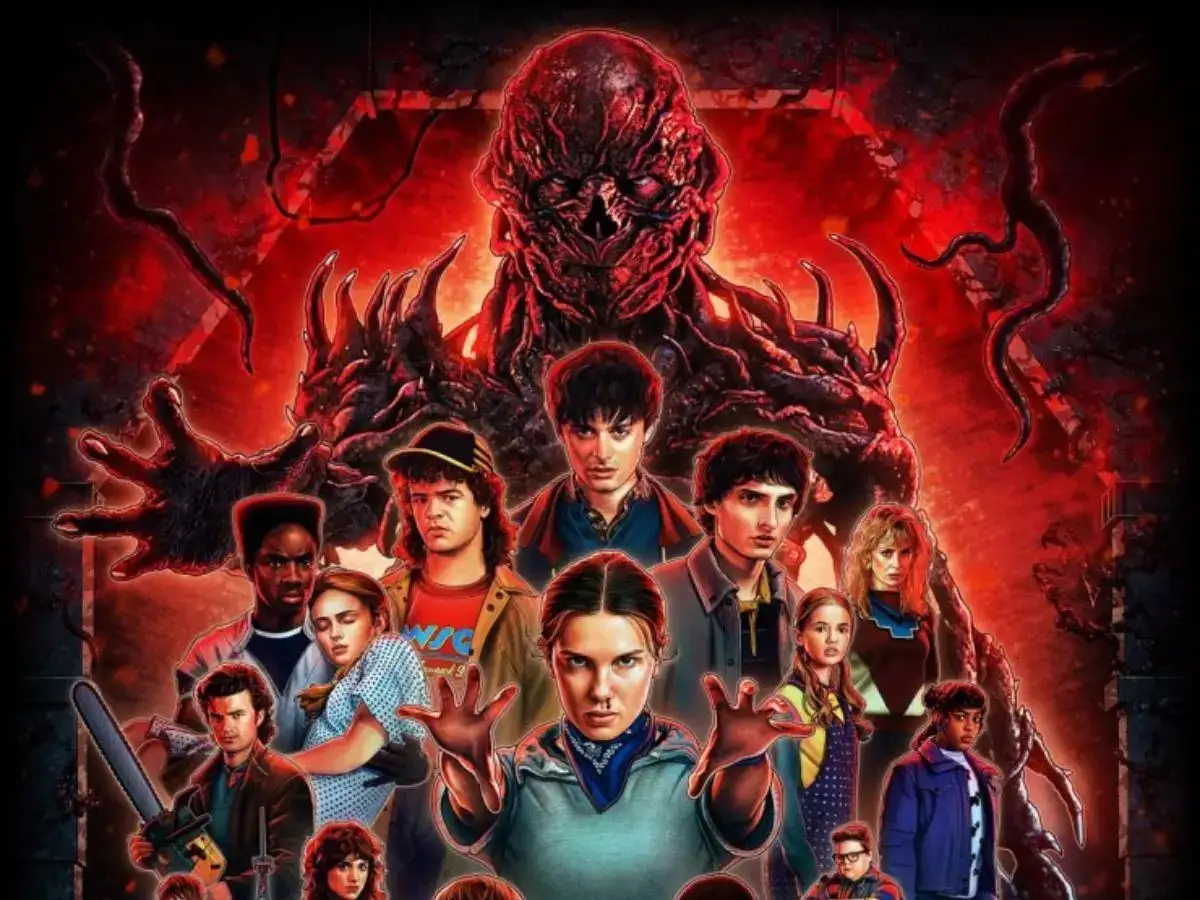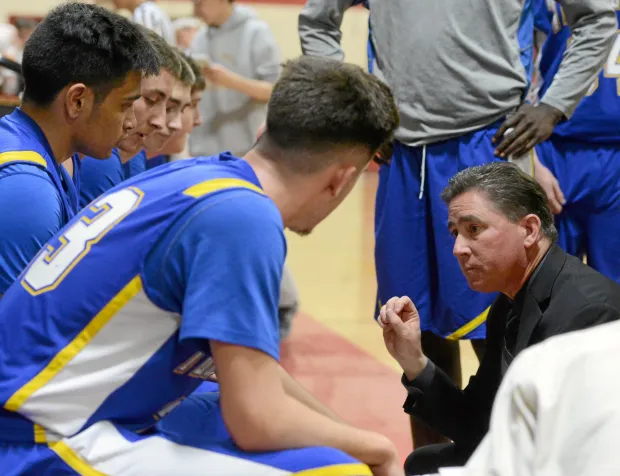These days, screens have captured the attention of kids of all ages around the globe, partly because of all the types of video games that not only entertain but also educate. There are benefits and drawbacks to video games, but what are the real effects on players?
A study that was done by Bader Chaarani, Ph.D., assistant professor of psychiatry at the University of Vermont, analyzed functional MRI brain imaging for a couple of children and found that gamers showed higher brain activity in regions of the brain associated with attention and memory. These gamers were around the age of 9 to 10 years old.
TL teacher Will Loung thinks that video games have an exciting set of benefits for everyone, not just students. Luong speaks about how video games have been shown to increase reaction time and eye coordination. He also mentioned how a document printed by Stanford studied multiple surgeons and how they worked when having a history with and without video games. “They were looking at doctors who played video games at a young age and were able to use machines and do surgeries a lot better because they had the ability to make micro-movements with their hands,” said Loung.
TL Junior, Valor Previtali echoes the sentiment that there are many benefits to video games as “they are ways to step out of reality, cool down, and make friends.” Previtali also stated that studies show that when you play video games that make you rage, you are only upset for around 5 minutes, and then it goes away, saying that it doesn’t have long-term effects.
Community member Raul Cervera shares a similar perspective, elaborating upon the different skills video games can have. Cervera states, “Playing video games can help students become better problem solvers, strengthen their thinking skills, unleash their creativity, and also improve their character.” Cervera also mentioned that he doesn’t think they can affect a student’s mental health unless they are getting cyber bullied online.
On the other hand, there are also disadvantages to video games played by adolescents. A survey done by a Kaiser Family Foundation study shows that 47% of heavy online players got poor grades, and 23% of light users had a better performance than them.
In addition, Loung pointed out that a disadvantage video games have on teens is that they sometimes prioritize them over other things. Luong stated, “ For example, if you prioritize it over school work, that would make it very difficult because then you are not focusing on the stuff that you should be focusing on.” He also mentioned that another disadvantage it could have on people who are exposed to certain games at a young age could possibly become violent. “But that’s not necessarily the issue of the video game itself, it’s what’s the context of it. You can give a kid a book or a movie and they can be violent as well because of what they are exposed to.”
Adding to what Loung said, Previtali has similar thoughts on the matter “They are time-consuming and they don’t really give you time to do homework and they can be addictive.”
Building on the previous points, Cevera’s thoughts align with the others. He feels like video games can make people disconnect from the real world, “Video games can lead to potential addiction risks.” Cevera also mentions how he thinks when it comes to video games, balance is key. “What I mean when I say balance is key is that gaming is fun but it’s also important to do other stuff like exercise and socialize with people outside of gaming to prevent social isolation.”
While video games can be fun and helpful, they also come with a few challenges for the people playing them. With moderation and balance TL students and others around the world can enjoy video games!





























































